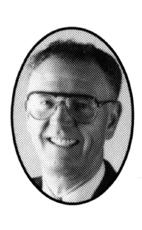Mr. Speaker, I rise on a point of order regarding a motion moved this morning by the Minister of Labour. I refer to Beauchesne's sixth edition, citation 318(2), which is based on a ruling of July 14, 1977. It states:
A Member cannot rise on a point of order to move a motion-
If you will review the video and the audio tapes you will note, Mr. Speaker, that the Minister of Labour clearly called out point of order and the Speaker clearly recognized him on a point of order. While on that point of order the minister moved a time allocation motion on Bill C-66.
For a more recent ruling on this matter, I refer to a Speaker's ruling of November 20, 1996 at page 6503 of Hansard . The Speaker then ruled that there is only one kind of motion which can be moved on a point of order. He said:
In fact, there is only one motion that can be made on a point of order and that is the motion that was made by the member for St. Albert.
The motion that the member for St. Albert moved was:
That the member for Medicine Hat be now heard.
That being the only motion that can be moved on a point of order, the minister's motion for time allocation cannot be accepted because he violated the rules of the House. These rules must be followed to the letter because they are the only protection that the minority in the House has against the tyranny of the majority.
The minister was clearly out of order in moving his motion to cut off debate on Bill C-66 and I ask that you rule on this point of order, Mr. Speaker.

